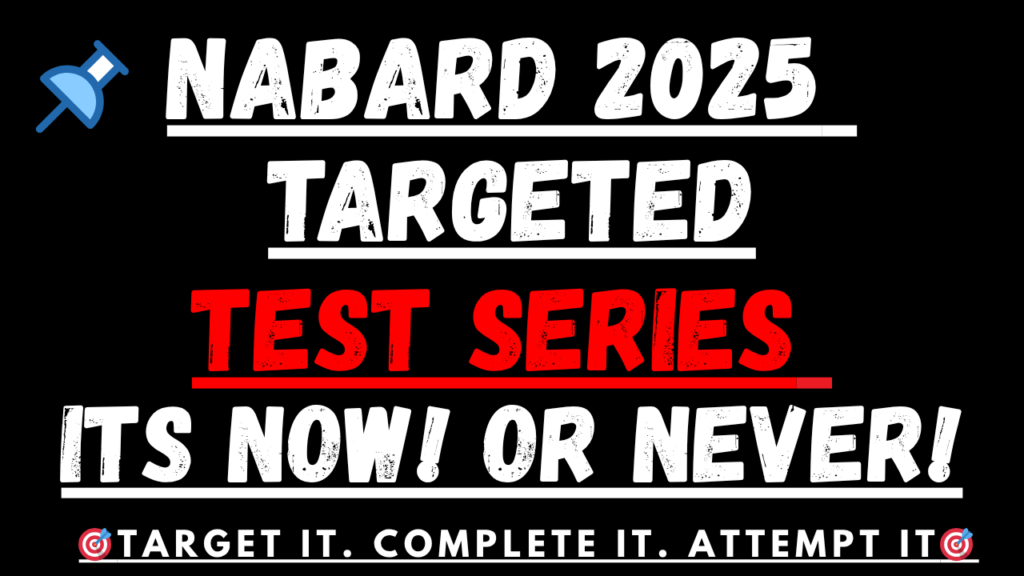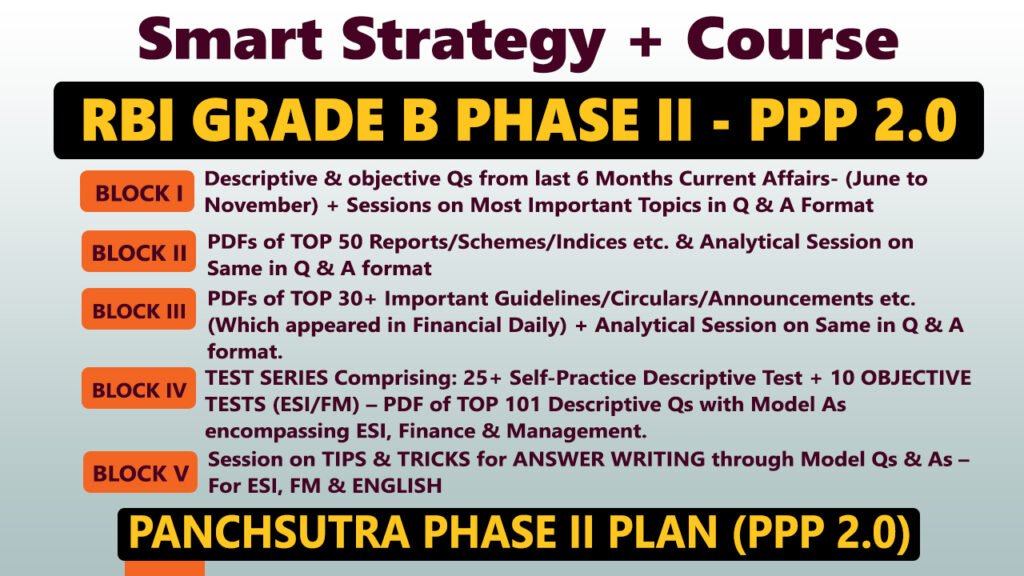Source: TOI
Context:
RBI has directed Bengaluru-based BNPL firm Simpl to shut its payments operations immediately.
Reason: Operating a payment system without RBI authorisation, which violates the Payment and Settlement Systems Act, 2007.
Background on BNPL Regulation
- BNPL (Buy-Now-Pay-Later) platforms have rapidly grown in India, offering instant credit to consumers and smooth checkout solutions for merchants.
- RBI’s concerns include:
- Unsecured lending risks
- Weak regulatory oversight
- Poor consumer protection
- 2022 Ruling: BNPL firms were barred from topping up prepaid payment instruments using borrowed funds, bringing them closer to digital lending regulations.
BNPL (Buy-Now-Pay-Later)
BNPL is a financial service that allows consumers to purchase goods or services immediately and pay for them in instalments over time, often without interest for a short period.
How it works
- A customer selects a product at an online or offline store.
- At checkout, they choose the BNPL option.
- The BNPL provider pays the merchant upfront.
- The customer repays the provider in equal instalments (weekly, monthly, or per agreed schedule).
RBI Important Acts for BNPL
| Regulation / Act | Applicability to BNPL Providers |
|---|---|
| Reserve Bank of India Act, 1934 | Grants RBI authority to regulate both banking and non-banking financial institutions. |
| Banking Regulation Act, 1949 | Applicable if the BNPL provider functions as a bank. |
| NBFC Regulations | Applicable if the BNPL provider operates as an NBFC: • RBI (NBFC) Directions • Digital Lending Guidelines, 2022 (under RBI supervisory powers over NBFCs and digital lenders). |
| Payment and Settlement Systems Act, 2007 | Applicable if the BNPL provider issues prepaid payment instruments (PPIs). |



















